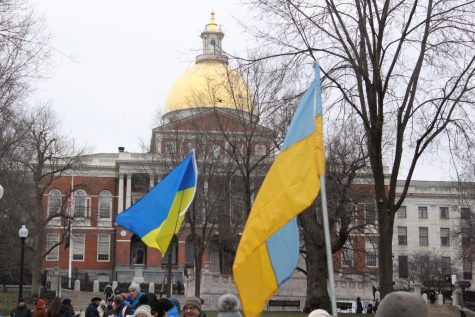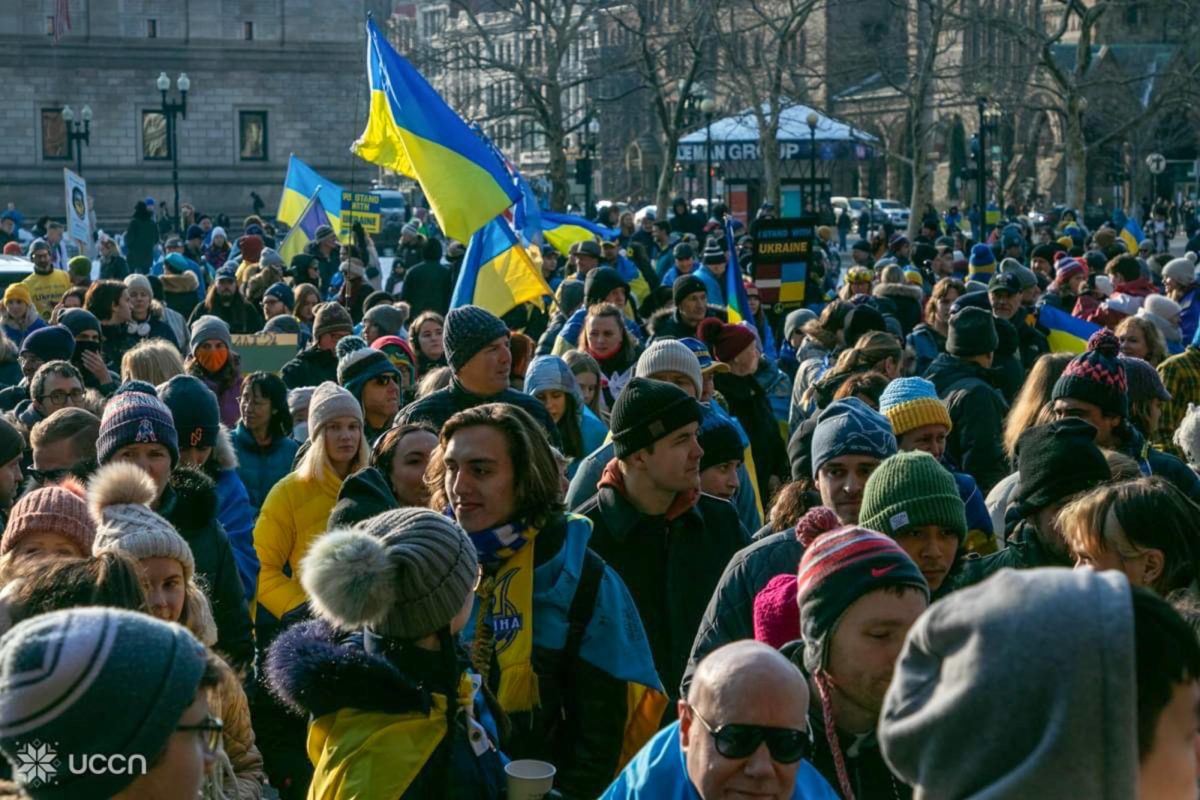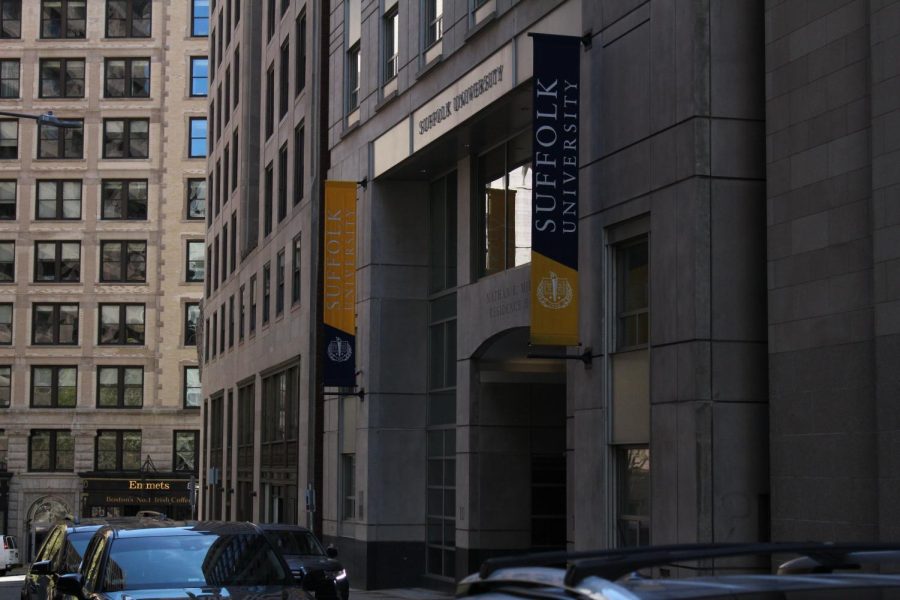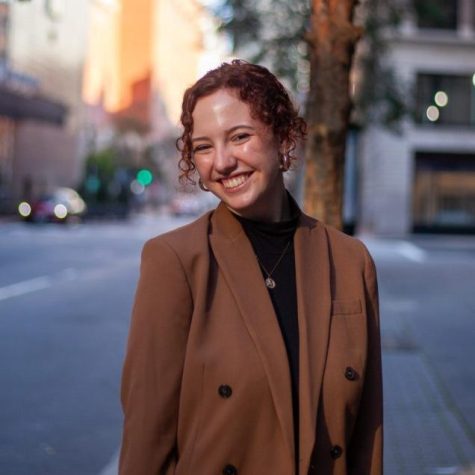Suffolk University Law School is the host of the Ukraine Accountability Project, an international effort to document crimes against humanity in Ukraine perpetuated by the Russian government.
The student team works to document the atrocities with the goal of providing an international court thorough collection of data, should Russian President Vladimir Putin and the Russian military ever be charged.
Led by Suffolk Law student Alexandra Lane, and advised by Professor Sara Dillon, the team published its third white paper “Russian War Crimes Against Ukraine: the Breach of International Humanitarian Law by the Russian Federation” in August 2023. Now, Lane said, they are looking to tackle ecocide: the intentional destruction of environmental entities.
The project has documented crimes such as the Bucha Massacre, where Russian soldiers killed nearly 500 Ukrainians, according to the Ukrainian government. Lane said while the work is important, it can be difficult to digest emotionally.
“It’s admirable that we want to devote our time to this sort of work. But it’s even more admirable to recognize your own limitations in your own capacity within this,” she said.
As a student team, Lane said the project is rewarding both personally and professionally. The team deeply cares about the humanitarian work, and students are able to receive a small amount of academic credit or pro-bono hours. Finding a balance, however, is often easier said than done.
“We all are still young, we’re still trying to, you know, get the degree first,” said Lane. “It’s validating the work and wanting students to feel validated and appreciated. But also, it’s always going to be difficult to make sure students aren’t overwhelmed, because they know they have to focus on their studies first.”
The project is part of the Global Accountability Network, which also leads projects working to document similar crimes in Syria, Yemen and Venezuela. The project is wholly run by volunteers, said Lane, and the team dynamics help members stay positive even while working to combat crimes against humanity.

“It’s just an encouraging effort, really. It’s consistently just saying to one another, ‘Thank you for putting in this effort,’ ‘Thank you for taking the time,’” she said. “We have a really healthy dynamic and a really healthy relationship of promoting one another.”
Since the war began in 2022, at least 10,000 civilians have been killed in Ukraine, according to the United Nations. The student-led, volunteer team has continued to inspire Lane as they work to make strides in combating crimes against humanity.
“It’s just incredibly admirable to see how many students of their own volition want to make a change in international law,” she said.




















